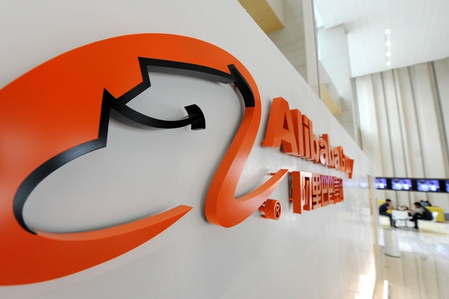
New Delhi, March 1 (IANS) Empirical evidence suggests that in a general election year, the BSE PSU Index rallies 14 per cent on an average, as per analysis of the past three elections in 2009, 2014 and 2014, with a tendency of returns to bottom out in February, according to an analysis by Elara Securities.
Post bottoming and until the results announcement day, the Index has yielded a return of 22 per cent.
Further upside post elections could come via value unlocking through disinvestment, the report said.
On the disinvestment side, the government has kept the target at Rs 500 billion in FY25BE versus Rs 300 billion in FY24 RE (revised estimates), although in light of achievements this year, Rs 500 billion for FY25 may seem difficult.
The impending sale of IDBI Bank may get revived post the general elections.
“We also expect the offer for sale route to remain dominant. We believe the government of India is intent on privatisation, which would essentially improve efficiency and unlock value in this space”, the report said.
The PSU basket’s strong rally in the past three years, with a CAGR return of 39 per cent during CY21-23, has been primarily due to the benefits accrued based on high commodity prices, attractive valuation and government’s capex measures.
Most PSUs in deep cyclical industries have volatile and cyclical profitability and market cap performance. A large part of the FY10-20 decade was spent cleaning up the balance sheets of financials, which took a toll on the overall PSU profit.
Post FY20, profitability of PSU shot up across domestic as well as global cyclicals with turnaround in the fortunes of PSU banks driving the overall trend. Higher commodity prices during the past two years have lifted P&L and balancesheets of metals and oil & gas PSUs.
The government’s emphasis on localisation and Make in India in the defence sector has driven the fortunes of industrial PSU, the analysis said.
–IANS
san/arm




